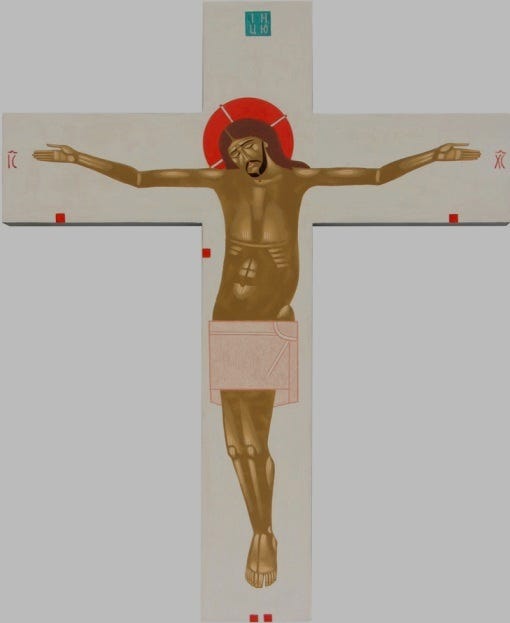Forgiveness Unveiled: The Lord's Prayer and Our Debt of Grace
“And forgive us our debts, As we forgive them that debt against us.”
As is usually the case, I have an “Ah-Ha!” moment in the moments after I finish preaching my sermon. I spend 10+ hours every week preparing my sermon. I read the Bible, commentaries, and sermons by preachers I aspire to preach like. I write, edit, and repeat. I stand in the Chapel sanctuary and practice. I edit and practice again.
Then, there are times like this past Sunday where I will say my final line, “God’s grace and glory raises the dead, and none of our debts, none of our sins are an obstacle, none are significant enough to stop that kind of power, that kind of mercy,” sit down and then think “Ah-Ha!” This week’s “Ah-Ha!” came as we prayed the Lord’s Prayer.
Our Father, which art in heaven,
Hallowed be thy Name.
Thy Kingdom come.
Thy will be done on earth,
As it is in heaven.
Give us this day our daily bread.
And forgive us our trespasses,
As we forgive them that trespass against us.
And lead us not into temptation,
But deliver us from evil.
For thine is the kingdom,
The power, and the glory,
For ever and ever.
Amen.
As we prayed these words, I swapped “debt” for “trespass.”

When talking of the debt owed to the king in the Parable of the Unforgiving Servant, “debt” is interchangeable with “sin.” This is nearly always true throughout scripture.
“And forgive us our debts, As we forgive them that debt against us.”
“And forgive us our sins, As we forgive them that sin against us.”
Is that really what we want? This is where I began to sweat through my robe.
Do I want God to forgive me in the same manner that I forgive others?
Anyone who knows me will tell you I can easily hold a grudge. Anyone who knows me will tell you that I have plenty of room for improvement when it comes to forgiving and forgetting. So, when we prayed, And forgive us our trespasses, As we forgive them that trespass against us,” I thought, “Oh, no!” I am in trouble if I am to be forgiven as I forgive.
In their book Lord, Teach Us, Will Willimon and Stanley Hauerwas write, “The prayer knows that we would love to conceive of ourselves first as forgivers. This would leave us in control. From our great store of righteousness, we could reach out in love to those who had injured and wronged us. No, first, the prayer asks us to ask to be forgiven. That takes us out of control. It means that we are suddenly at the mercy of someone else’s account of our lives rather than our own.”

The grace of God always goes before us. The actions of our faith are always a response to our experiences with God. This is where the Good News lies. We are not left to our own devices to learn how to forgive. While we have “The Parable of the Unforgiving Servant,” we also have Jesus, the Forgiving Word Made Flesh, who, while nailed to the cross, prayed, “Father, forgive them. They know not what they do.”
In thinking we have the ability to forgive on our own, we highlight our weakness in thinking that we are the overseers of our own salvation. Praise be to God that before we forgive, others and ourselves, God has forgiven us. In being forgiven, in knowing that Christ sits at the right hand of God, it is possible for us to pray through the Holy Spirit, “Forgive us our sins as we forgive those who sin against us.”





